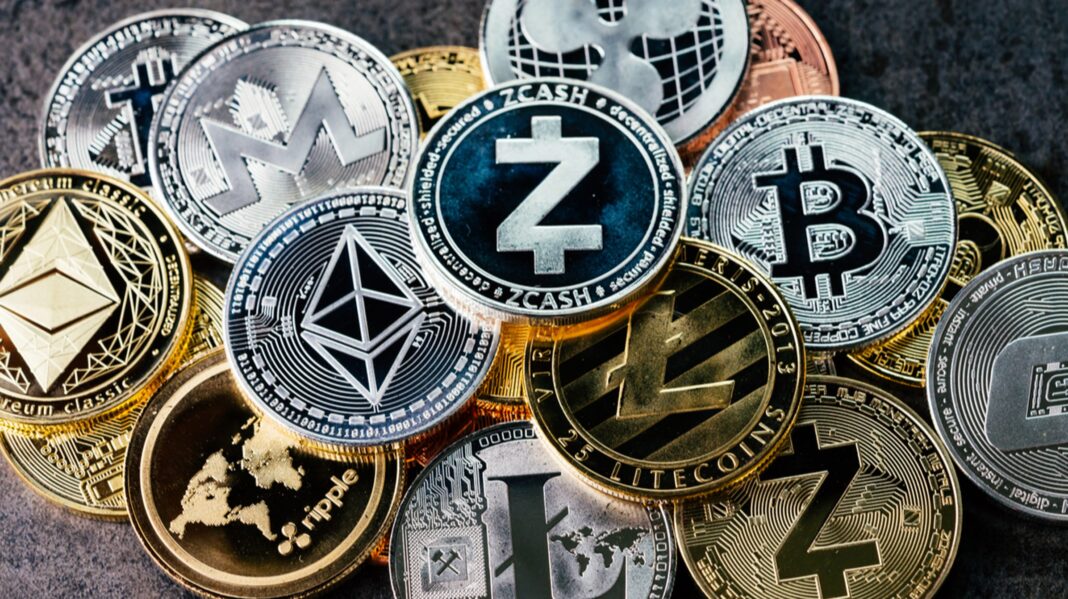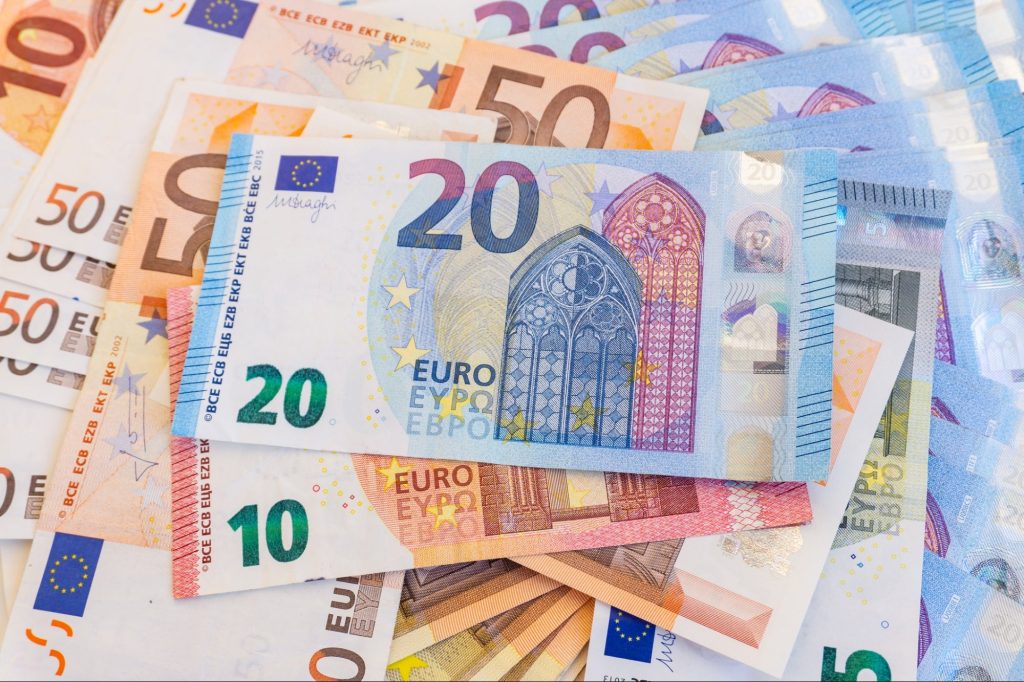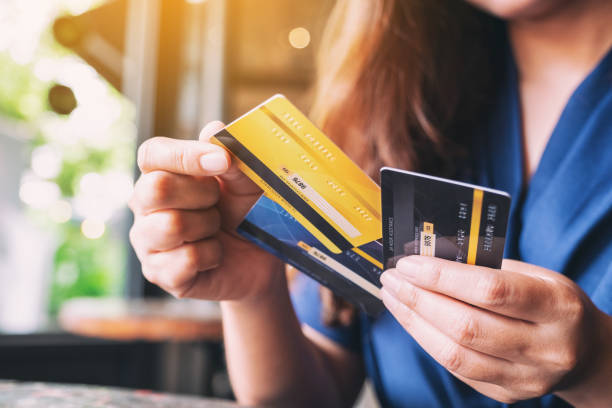Many people make the mistake of flaunting their cryptocurrency address when they are online. There are several ways to secure it. Software wallets can be downloaded to your computer, but they only give you access to your public and private keys. This can be dangerous if your computer is stolen, or if your phone is lost. To prevent this from happening, write down your public and private keys on a separate piece of paper and store it in a safe place.
Another important reason to secure your cryptocurrency address is that you’re less likely to have your private keys hacked. If your wallet contains your cryptocurrency address, you’ll never be able to send it to the right recipient. It’s even more important to secure your address than your wallet, because hackers and thieves can steal your private keys and use them to defraud you. To protect your crypto-assets, you can use a cold storage hardware wallet.
Once you’ve purchased your coins, you can withdraw them to your personal wallet. Leaving your bitcoins in exchanges is a big mistake. You can’t control your private key and it’s not safe for your account to be hacked. Therefore, it’s best to store your coins on your own private keys. You can also withdraw your digital currency from any cryptocurrency exchange. Keep in mind that storing your crypto-assets on exchanges can be a risky proposition if you’re not careful.
Another important reason to secure your cryptocurrency address is to prevent identity theft. While it is not easy to protect your private key, it’s extremely easy to create a new one. A new one is just a click away. You can’t have it stolen from you. So, it’s essential to secure your cryptocurrency address to protect your cryptocurrency. If you’re worried about your privacy and security, this information is essential to keep safe.
The best way to secure your cryptocurrency address is to use a paper wallet. While this option is a great alternative, it isn’t the most secure. If you’re using a paper wallet, your private key is not protected. If you lose it, you’ll lose your money. Keeping your address secured is important. This ensures that your coins are safe. While it may be difficult to find your personal information, it’s not impossible to find your coins, and it’s worthless to lose them all.
In addition to securing your cryptocurrency address, you should also be vigilant when downloading applications. Don’t trust the first one you download! In the past, users of Exodus crypto wallets had their funds stolen. Then, another app created by a lookalike application was found to be a fake. As a result, they lost more than $80,000 worth of NEO and Ethereum coins. It’s vital to secure your cryptocurrency address in order to avoid these scams and avoid any loss of money.
There are many ways to secure your cryptocurrency address. You should use a secure network connection to protect your account. You should also use a secure VPN. By using a VPN, you can keep your private keys secure from hackers and prevent your cryptocurrency from getting stolen. You can choose from many types of wallets. You should use the best wallet for your needs. Then, you should secure your cryptocurrency address to prevent unauthorized third-party interference.
The last reason to secure your cryptocurrency address is to protect your crypto from third-party spies. The majority of popular cryptocurrency exchanges are highly secure and carry insurance, but it is still advisable to use a private server if you can. Not only will you avoid hacker attacks, but you will also ensure that your funds remain safe and your private keys are secure. The security of your wallet will protect your crypto from being stolen by unauthorized people.
Although most leading cryptocurrency exchanges are safe, it’s important to choose the right wallet for your needs. In the case of a web-based wallet, you do not have to download anything and can access your crypto from any location. Using a hardware wallet, however, is a better choice. It consists of a peripheral device that plugs into your computer. You can store your digital assets with a hardware wallet.












